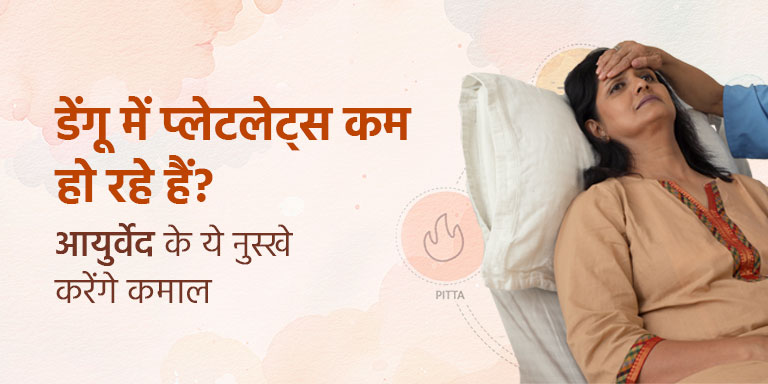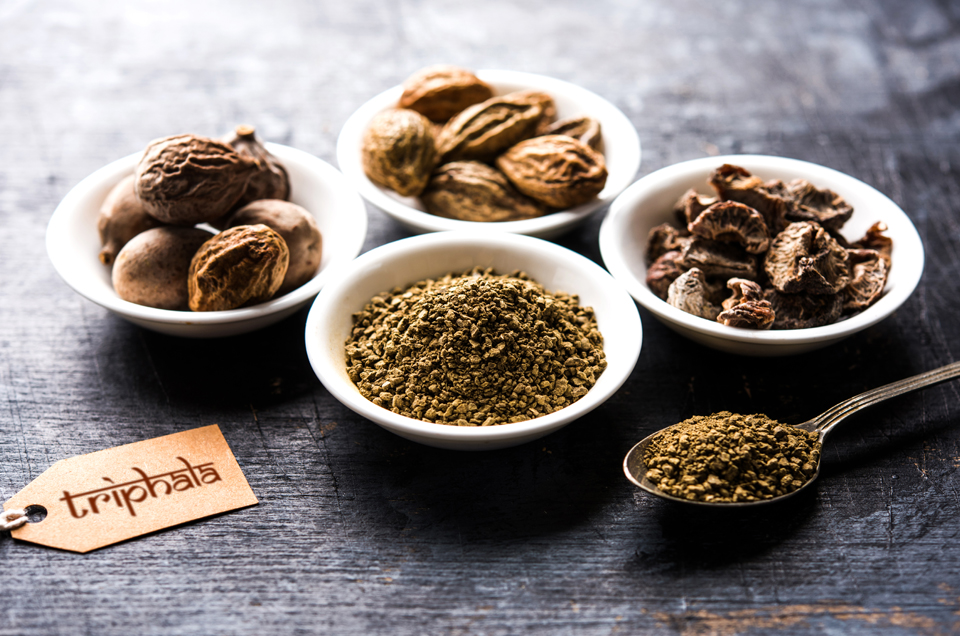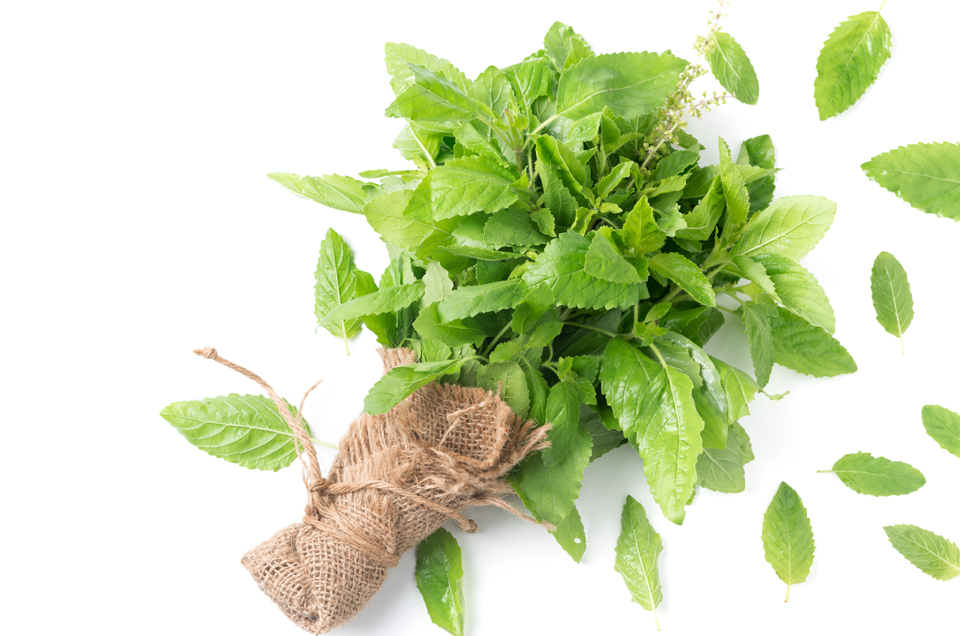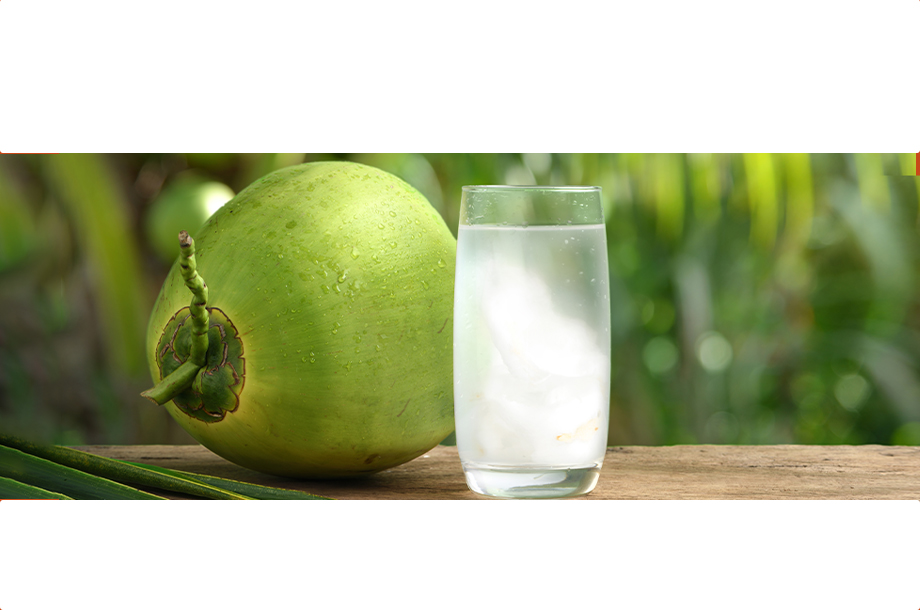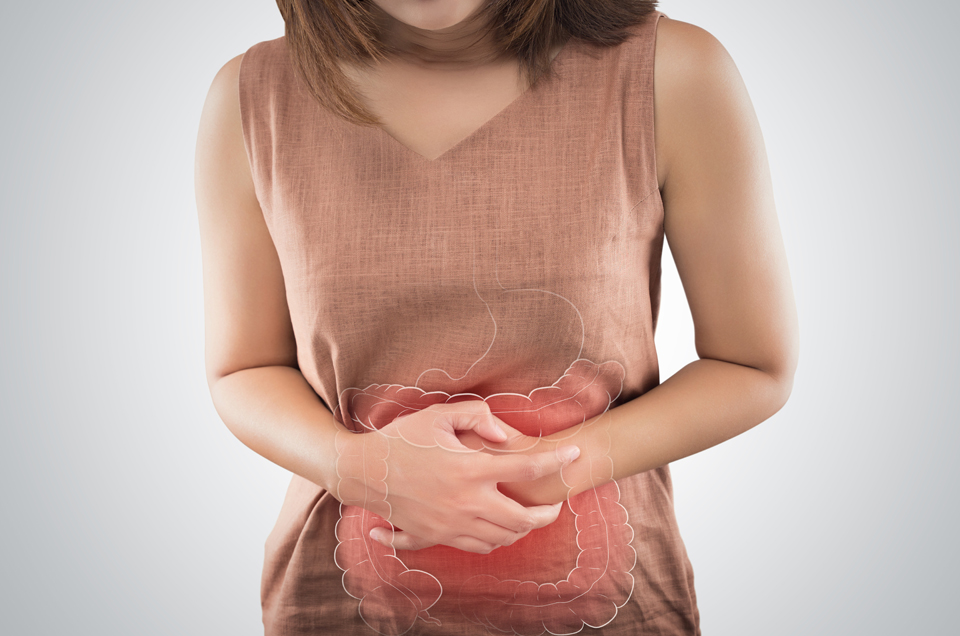Superbugs - Bacteria Is Learning How to Defeat AntibioticsBacteria has been around on earth for over 3 billion years and when 87 years ago Alexander Fleming developed Penicillin - the world’s first antibiotic, he was sure that some bacteria would learn to overcome the action of antibiotics. In Fleming's words, “there is a danger that microbes will be educated to defeat antibiotics.” Many scientists are calling these microbes 'the superbug’. MRSA (Methicillin-resistant Staphylococcus Aureus) and E. coli are a couple of well-known superbugs.
Millions of unnecessary antibiotics prescribed every year is doing more harm than good. It is also causing irreparable damage to the good bacteria in our gut.
Good Bacteria Vs Bad Bacteria – The Gut MicrobiotaWith the harmful bacteria becoming stronger against antibiotics, scientists are forced to come up with stronger medicines. The side-effect is that the good bacteria that lives in our guts is being decimated to an alarming level. Stress, insomnia, diabetes are some health issues associated with a damaged microbiota. So, not only are the bad bacteria becoming stronger, antibiotic medicines are damaging the useful bacteria that we need for good health.
What interim solutions do we have?While scientists are trying to understand how to deal with this threat, some interim solutions have been found to reinstate the lost good bacteria in the gut. One rather unappealing solution is fecal transplant. This is a method in which fecal matter sourced from a healthy gut is surgically implanted in the gut of a recipient. The second solution that has been suggested is not new. Vaccination is being found to be effective against bacteria, fungal and viral infections.
Ayurvedic Treatment - The Long –term Natural & Balanced ApproachAyurveda understands the delicate balance of nature and deals with diseases by taking a natural and balanced approach. Immunomodulatory rasayans in Ayurvedic medicines strengthen the body’s innate defence mechanism to fight diseases. As a result, disease causing microbes do not become drug resistant. Ayurvedic treatment is also safe for the gut microbiota and does not damage it. In addition to these obvious benefits, Ayurvedic treatment also acts on the root-cause rather than on symptoms, which means you get an effective, safe and natural treatment that does not create antibiotic resistance.




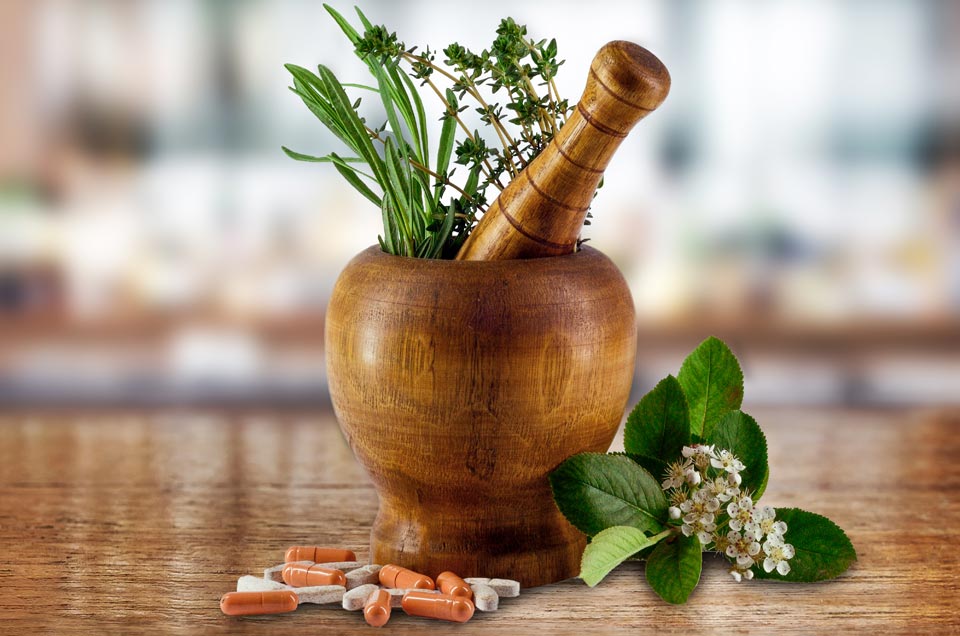
 Prev
Prev
